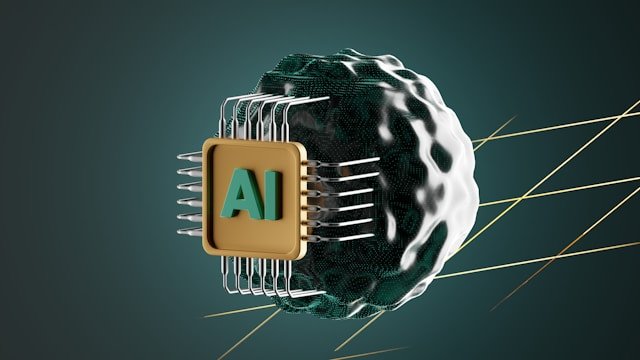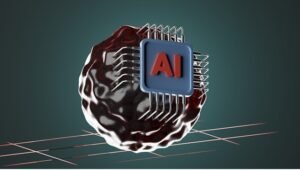AGI stands for Artificial General Intelligence, also known as Strong AI or Human-level AI. Unlike narrow AI, which is designed to perform specific tasks or functions, AGI refers to AI systems with the ability to understand, learn, and apply intelligence across a wide range of tasks and domains, similar to human cognition.
Key characteristics of AGI include:
Generalization: AGI systems can generalize knowledge and skills learned in one domain to new and unfamiliar situations. They possess a broad understanding of concepts and can transfer knowledge across different contexts.
Adaptability: AGI systems are highly adaptable and can learn from experience, feedback, and interactions with the environment. They can autonomously acquire new knowledge and skills, improving their performance over time.
Reasoning and Problem-solving: AGI systems exhibit advanced reasoning abilities, enabling them to analyze complex problems, make decisions, and solve novel challenges using logic, inference, and abstraction.
Communication and Interaction: AGI systems can effectively communicate and interact with humans and other machines using natural language, gestures, and other modalities. They understand context, infer intent, and engage in meaningful dialogue.
Creativity and Innovation: AGI systems have the capacity for creativity, imagination, and innovation. They can generate new ideas, solutions, and perspectives beyond predefined rules and patterns.
Self-awareness and Consciousness: While not universally agreed upon, some definitions of AGI include aspects of self-awareness and consciousness, wherein the AI system exhibits subjective experiences and awareness of its own existence.
AGI represents the pinnacle of AI research and remains a long-term goal for the field. Achieving AGI would have profound implications for society, potentially revolutionizing industries, economies, and the nature of work. However, developing AGI poses significant technical, ethical, and philosophical challenges, including:
Complexity: AGI requires solving a wide range of interconnected problems in machine learning, reasoning, perception, language understanding, and cognitive science.
Safety and Control: AGI systems must be designed with robust safety mechanisms to prevent unintended consequences or harmful behaviors. Ensuring control and alignment between human values and AI objectives is crucial.
Ethical and Societal Implications: AGI raises profound ethical questions regarding autonomy, responsibility, privacy, inequality, and the future of humanity. Addressing these concerns requires careful consideration and proactive governance.
Research and Collaboration: Developing AGI necessitates interdisciplinary collaboration and sustained research efforts across AI, neuroscience, cognitive science, philosophy, and other fields.
While AGI remains a distant goal, progress in AI research continues to advance rapidly, bringing us closer to realizing more sophisticated forms of artificial intelligence that approach human-level capabilities.
Read More:
What is Artificial Intelligence (AI)


